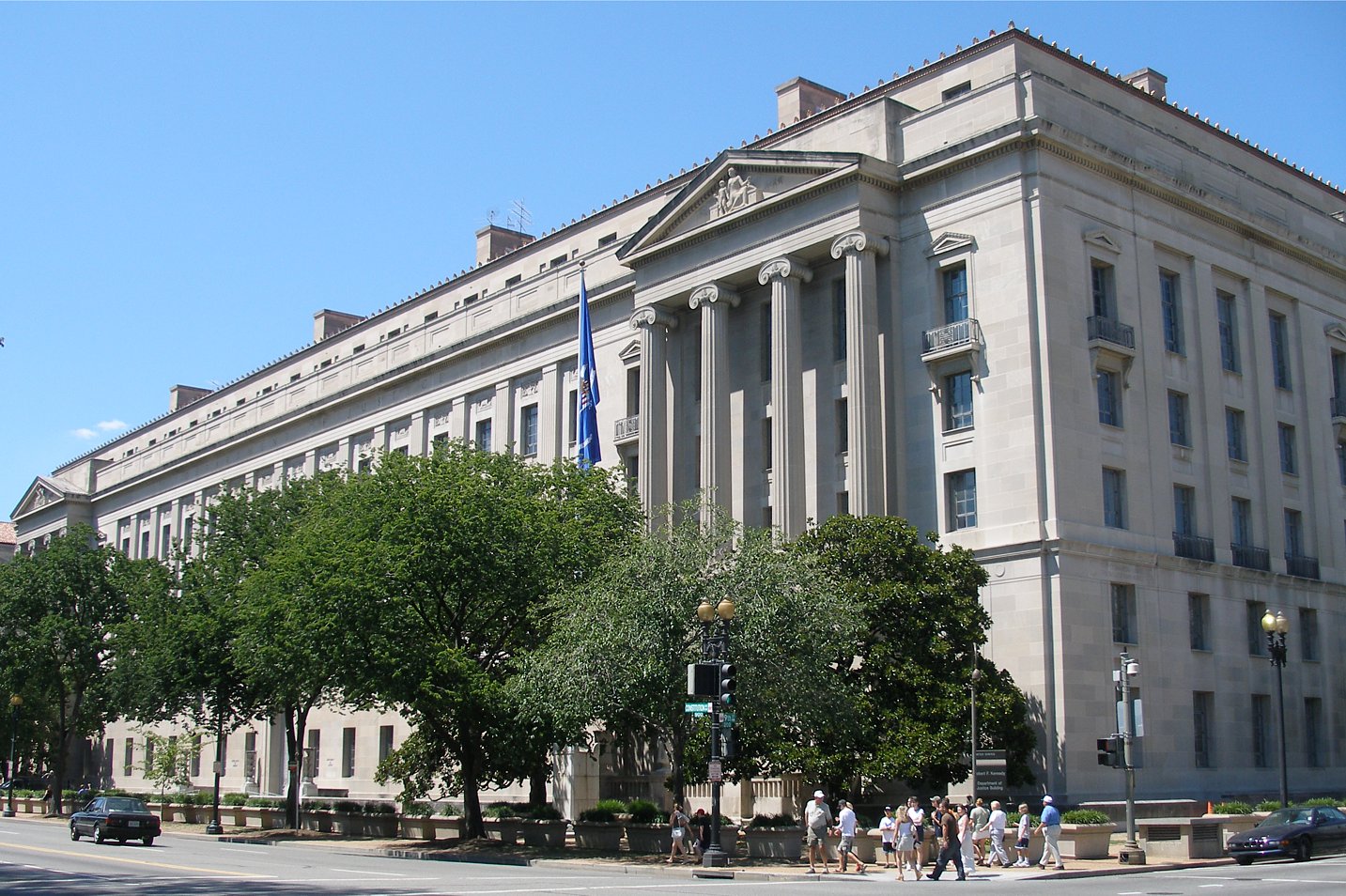What Sort of Issue is Immigration?
Exactly what type of issue is the question of immigration? The question may seem overly theoretical, but how you answer it very much sets the frame for how you then deal with the question.
Published by The Lawfare Institute
in Cooperation With

Exactly what type of issue is the question of immigration? The question may seem overly theoretical, but how you answer it very much sets the frame for how you then deal with the question.
Some, for example, see immigration as mostly a question of foreign trade. They look at the question through the prism of capital flows and the flow of goods across the border. Others see it as a question of domestic economics—immigrants are job seekers (or replacers) looking to live and work in America. In another vision, immigration is about foreign aid and development. Still others reocognize it as a problem of foreign policy. Conservatives tend to think of it as a question of national identity or of national security. And many see immigration as fundamentally about humanitarian concerns.
Each of these conceptions has significant truth and each of them is partially correct. But which you see as predominant greatly affects how you organize your response. A case in point is today's report from the Washington Post, about a possible reoganization of the Federal visa and refugee process. Here's what the Post says:
A document crafted by senior White House advisers, first reported by CNN, includes proposals to move the State Department’s Bureau of Consular Affairs and Bureau of Population, Refugees and Migration over to the Department of Homeland Security. White House policy adviser Stephen Miller, who helped craft the document, has reportedly been pushing Secretary of State Rex Tillerson to get “tougher” on immigration, vetting and refugee policy at the State Department.
If implemented this would reflect a strong transition away from an immigration policy that is tied to economics and foreign policy, toward one that is more focused on national security and identity.
To be fair, as a purely bureaucratic matter there is some sense to a proposal for unification. Right now our policy and our implementation are somewhat fractured and disjoined. State's PRM bureau is responsible, overall, for refugee policy, but the DHS Citizenship and Immigration Services branch does the actual adjudication for refugee admissions. Conversely, Consular Affairs is resposible for the issuance of visas for entry to the United States at embassies overseas, but the final admittance decision are made by Customs and Border Patrol agents at the nation's ports of entry.
In many ways, this split of authority is a good thing—it insures that the process of decisionmaking is informed by all of the multiple values that undergird immigration questions. State looks to economic and trade and foreign policy questions, while DHS looks at security issues. In that way a balance is struck (whilst at DHS I had many "friendly battles" with my colleagues at State about refugee policy). The cost, of course, is that split authority leads to inefficiency and conflict.
Much of our attention these days is focused on the bright shiny object of the President's public persona. Beneath the radar, however, big changes are afoot. Moving visa adjudication and refugee policy to DHS would be a significant evulsive policy change. It should not go unremarked or undebated.




